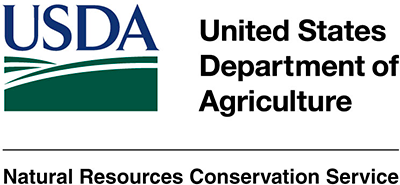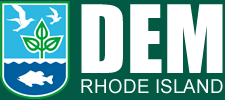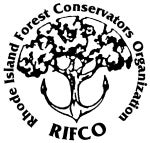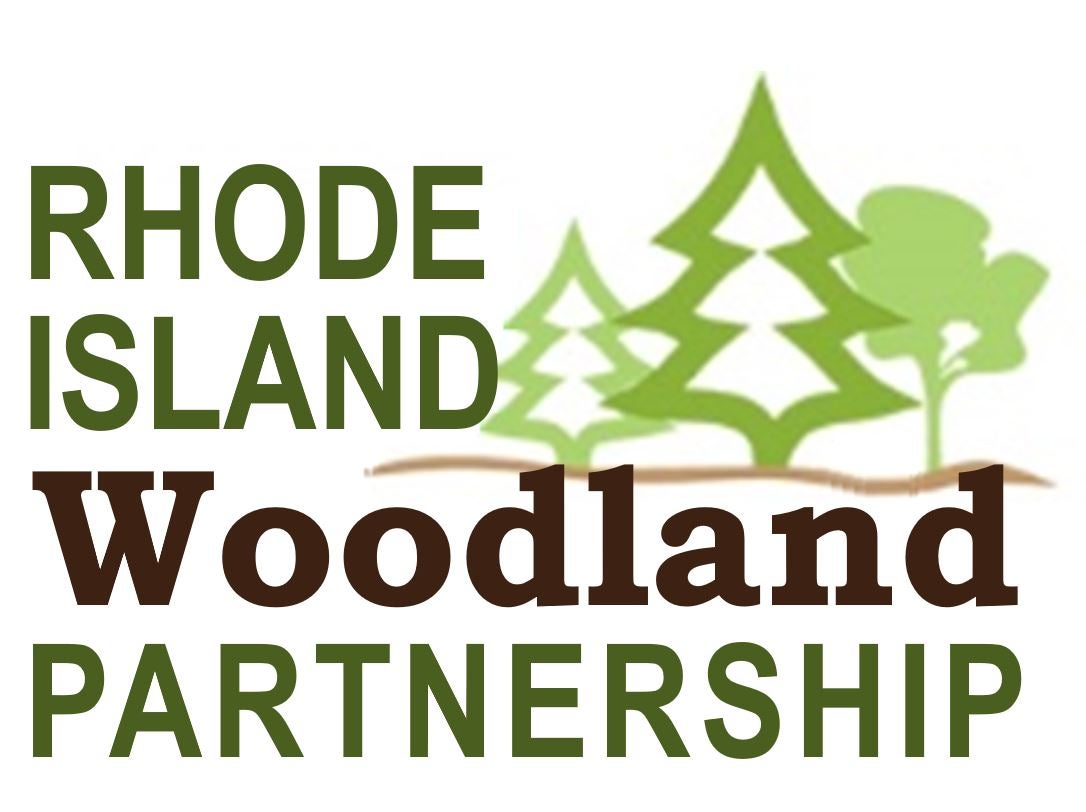What is a land trust?
A land trust is an organization that works with willing landowners to permanently conserve land for public benefit. In Rhode Island most land trusts are private, non-profit 501(c)3 organizations. Other land trusts are affiliated with municipal governments and are created by state legislation or municipal charter or ordinance. Land trusts agree to permanently steward and defend the land and conservation easements they hold. As of July 2013, 45 land trusts were operating in RI including 18 municipal land trusts.
Land trusts use a range of strategies to conserve land, including purchasing properties outright and placing conservation easements on the land of willing landowners. A conservation easement is a transfer of certain rights associated with a parcel of land, so that it can be protected from development in perpetuity. The rights may be purchased by an organization, depending on funding and necessity, or donated by the landowner for tax incentives. Organizations that own these rights aim to conserve and protect our environment from rapid urbanization and fragmentation. Without these safeguards, Rhode Island could face widespread deforestation over the next few generations. When planning for the future of your land, a land trust or conservation agency can help you determine the best solution for continued stewardship.
Conservation easements are specific to each landowner’s goals and land resources. Building development may be restricted to a section of the property or eliminated altogether, depending on the family’s needs. You may choose to include specific cover types, such as forestland or agricultural fields, into your plan, or opt for restrictions on motor vehicle access to reduce disturbances for hikers and wildlife. Paired with a stewardship plan, your conservation easement will also help future generations maintain the goals you set forth for forest and habitat management, therefore preserving your land’s legacy.
Visit Rhode Island’s Land Trusts to find a land trust near you.
Protecting your Legacy: A Rhode Island landowner’s guide to conservation-based estate planning (PDF publication available for download)






